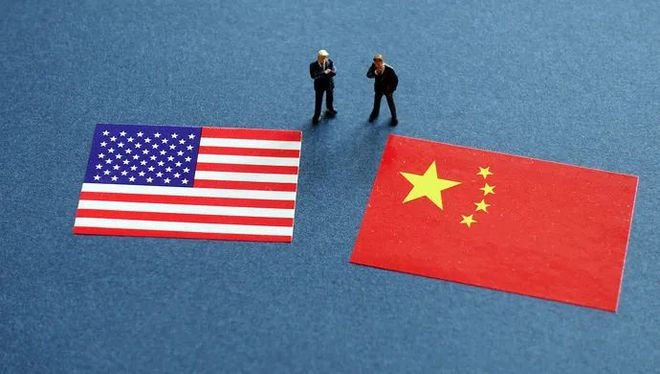
The Wall Street Journal reported on the 23rd that a recent report by the Committee on Foreign Investment (CFIUS) to the US Congress showed that, the Commission 2023 ever tighter regulation of foreign investment, imposing more penalties than in its 50-year history combined.
The report said CFIUS, which was established in 1975 and administered by the US Treasury, was tasked with assessing whether foreign entities buying real estate and investing in US companies posed a threat to national security and advising the President. As of 2022, the commission had imposed only two penalties in 2018 and 2019, but four in the 2023. In recent years, the Commission has repeatedly signalled its intention to be more proactive. The CFIUS report did not disclose the name of the entity that paid the penalty.
In 2022, CFIUS published its first set of enforcement guidelines, widely seen as a precursor to a more rigorous approach, the report said. Since then, the Biden administration has proposed further changes to the law that would make it easier for CFIUS to subpoena companies involved in foreign transactions and allow it to impose fines of up to $5m for certain violations, the previous limit was $250,000. “The commission continues to face a complex national security situation and a plethora of cases,” declared the Treasury’s assistant secretary for Investment Security
In an interview with the Global Times on the 24th, Li Haidong, a professor at the School of Foreign Affairs, said that CFIUS is actually an auditing agency in the United States that considers investment issues from a security perspective. In the eyes of the agency, investment is not purely economic, but with significant security attributes. The commission often imposes restrictions or bans on foreign investments that may compete strongly with us-related companies or that CFIUS determines pose a security challenge in certain areas of the US. It is also typical of the“Geopolitics” of investment, which runs counter to the usual laws of the market economy and the principle of fair competition.
CFIUS said in its report that 2023 Chinese investors had submitted 33 applications for review, the most of any country. The Wall Street Journal reported that the Commission’s increase in penalties was due to U. S. concerns about China. In response, Li Haidong believes that the United States has clearly identified China as its biggest strategic competitor, so the commission itself is an important tool to serve the overall strategic competition between the United States and China. The higher and more intense level of CFIUS scrutiny of Chinese investment is a clear impediment to mutually beneficial cooperation between the United States and other countries, including China, in the area of investment.